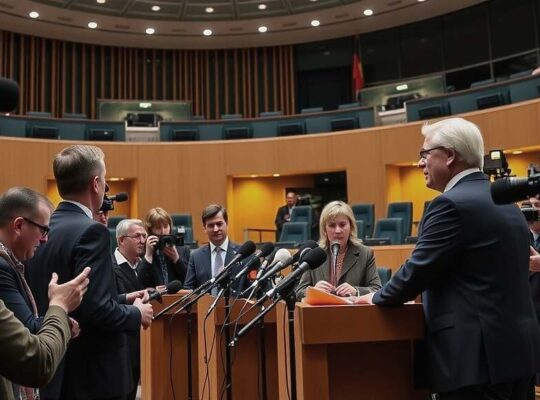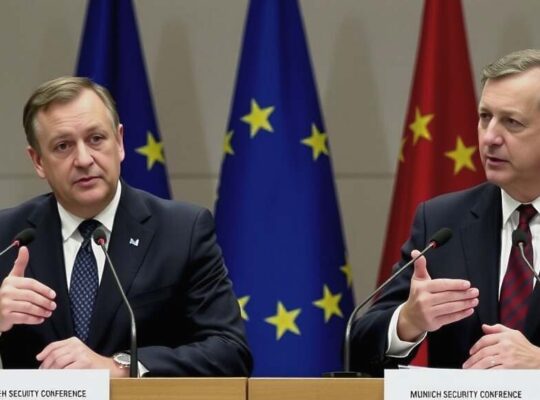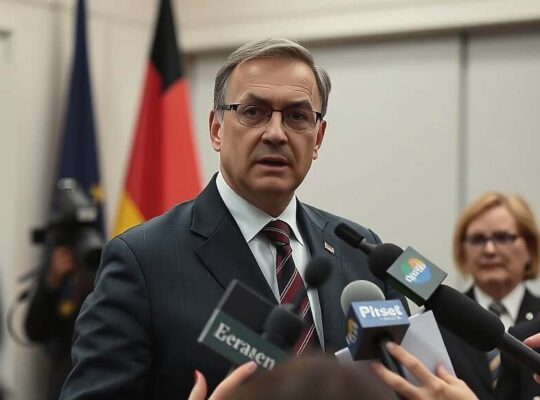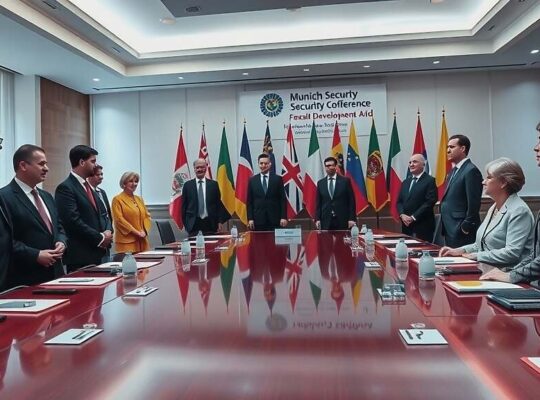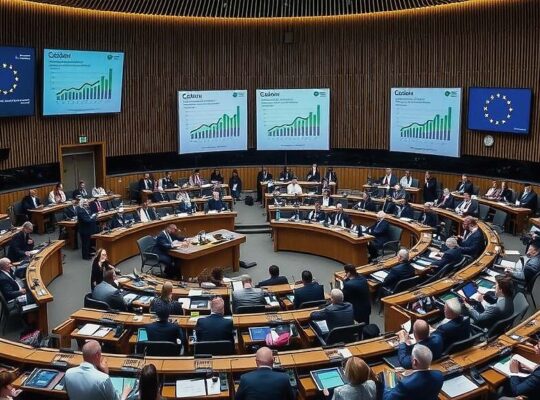A simmering dispute is escalating between Germany’s federal government and its constituent states over a planned package of tax relief measures, threatening to derail the initiative and exposing deep fissures in the governing coalition. The core of the conflict revolves around the federal government’s reluctance to compensate states and municipalities for the revenue losses resulting from these tax cuts.
The proposed measures include a reduction of the value-added tax (VAT) on restaurant meals from the current rate back to 7% starting in 2026, an increase in the commuter expense allowance to 38 cents per kilometer from the first kilometer driven (previously, the allowance applied only after 21 kilometers) and a rise in the allowance for volunteer work. While proponents argue the package offers much-needed relief for citizens, state officials are vehemently rejecting the proposition that they shoulder the financial burden alone.
Hendrik Wüst, Minister President of North Rhine-Westphalia, through a spokesperson, confirmed the state’s agreement in principle, but stressed the critical importance of federal compensation for the resulting revenue shortfalls. North Rhine-Westphalia joins a chorus of voices, including Hessen, which are demanding that the principle of “causal funding” – meaning the entity initiating a measure should bear its financial costs – be rigorously adhered to. A joint federal-state working group has been established to operationalize this principle, with an agreement anticipated by December 14th.
Hessen’s Deputy Minister President and Economy Minister, Kaweh Mansoori, issued a stark rebuke, declaring an end to the era where “the federal government makes billion-euro tax gifts and states and municipalities pay the bill”. His comments directly challenge statements from federal Finance Minister and SPD party leader Lars Klingbeil, who had urged states to co-fund the relief package, framing it as vital citizen assistance. Klingbeil’s subsequent assertion that the federal government would not offer compensation has only intensified the standoff.
The situation is further complicated by the precarious financial position of certain states. Bremen’s Finance Senator, Björn Fecker, underscored the absurdity of expecting states like Bremen, designated a “fiscal emergency state” to contribute. He estimated the VAT reduction for the hospitality sector alone will result in a €20 million annual loss for the city-state, a shortfall Bremen simply cannot absorb alongside existing revenue declines.
The escalating conflict exposes a broader question of federal-state power dynamics within Germany. Critics argue the federal government is increasingly leveraging its authority to dictate policy while neglecting its responsibility to ensure equitable financial distribution. The Bremen Senator’s demand – that the federal government rectify its actions and compensate for the costs incurred by states – highlights a fundamental disagreement over the very nature of Germany’s fiscal federalism. Failure to reach a resolution could lead to protracted legal battles and ultimately undermine the credibility of the governing coalition.





